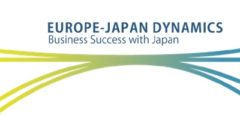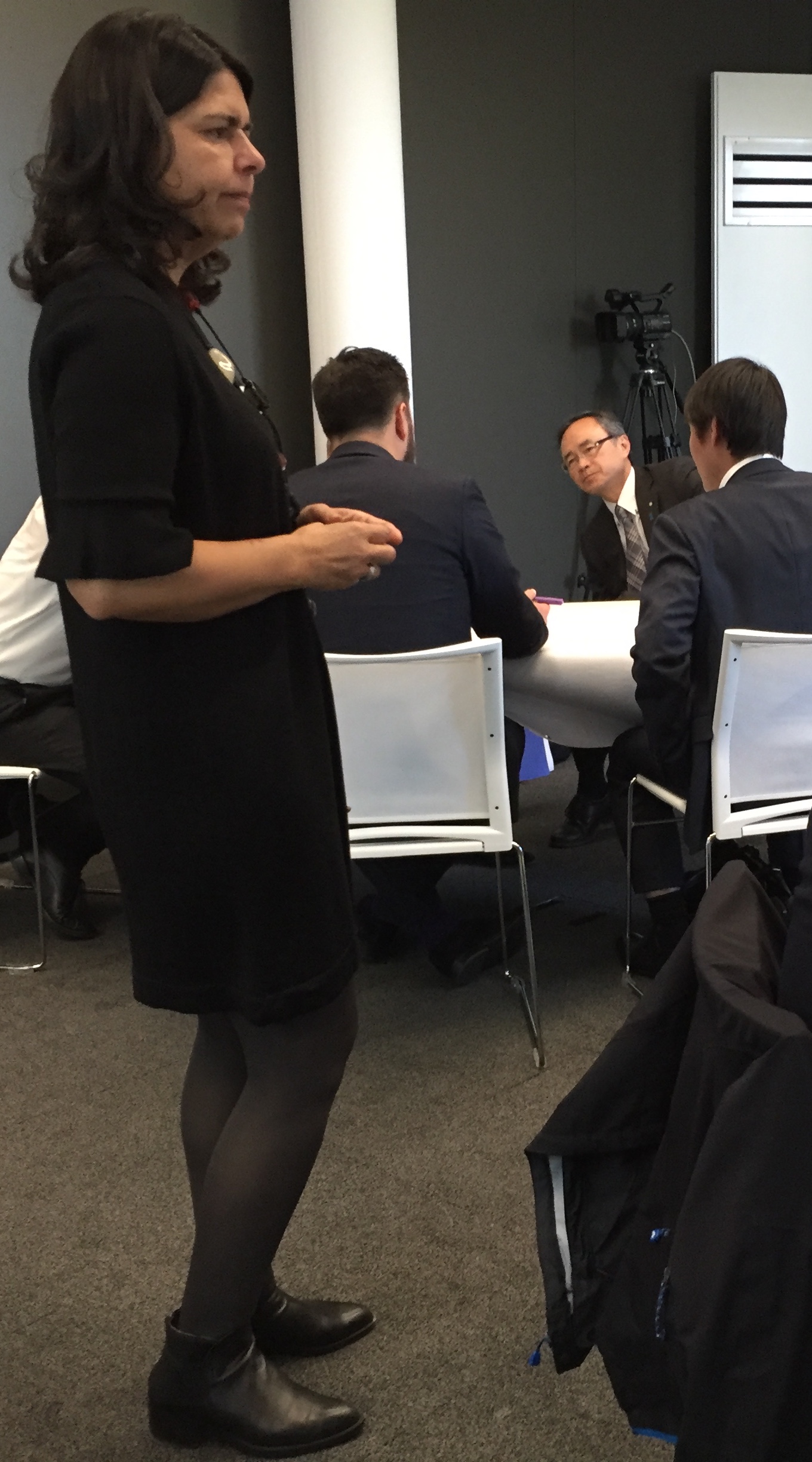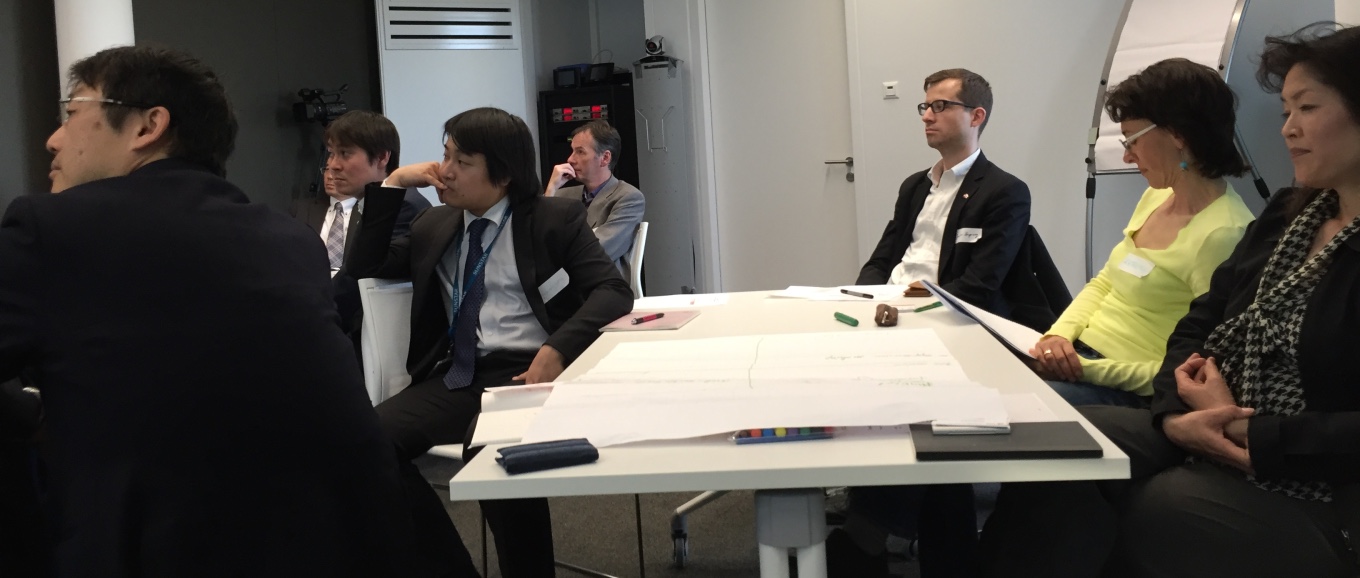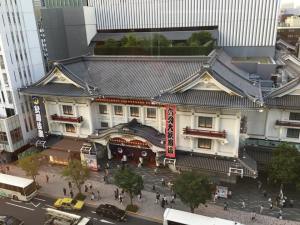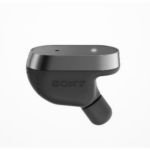Welcome to Europe-Japan Dynamics!
This is our blog page.
Please click here for what we do.
Please click here for who we are.
************************************
Leadership for multi-cultural team

Is it you?
- “I wish to have clues to better interact with my colleagues with variety of backgrounds”
- “I am not sure if I’m interacting well with my multinational colleagues.”
- “Am I motivating my multi-cultural team in the right way?”
- “How can I motivate everyone in my multi-cultural team?”
- “I want to meet other managers in a similar position and exchange experience”
- “I prefer a small class so that I can discuss better with lecturer and other participants”
If you say “Yes!” to one of the problems above, why don’t you join in the workshop? In the workshop you will learn internal, hence, invisible drivers of your multi-cultural team.
*** To ensure efficient leaning experience,
the workshop will be limited to five (5) participants ***
Topics discussed —
- Why is culture in business so important?
- The trap of “cultural bias”
- Clues to better understand your multi-cultural team – Six dimensions of National Cultures, drawn upon the framework established by Professor G. Hofstede, one of the most cited in the domain of international management
- Clues for leadership and motivation in your team
- Your action plan
Date: 18:15, Wednesday 19 July
- 18:15 Workshop
- 20:30 Aperitif and Networking
- Venue Calliopée, Business Center
Rue de Chantepoulet 10, 1202 Genève
Two minutes on foot form Geneva station - Fee CHF 100.- (To pay at the door)
- Language English
Click here for registration and information.
Please write, “I will join in the open workshop” in the message box.
I look forward to seeing you!
************************************
- Interested in our cross-cultural trainings, coaching and consulting to move forward business with Japan? Please talk to us.
